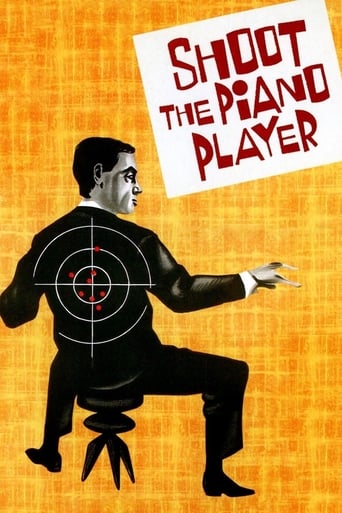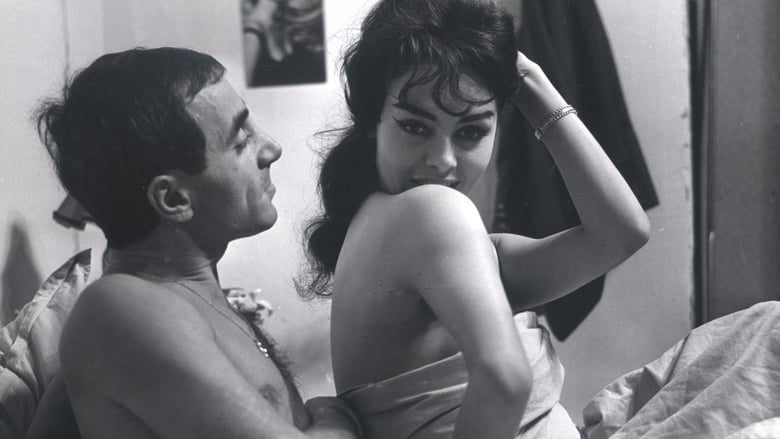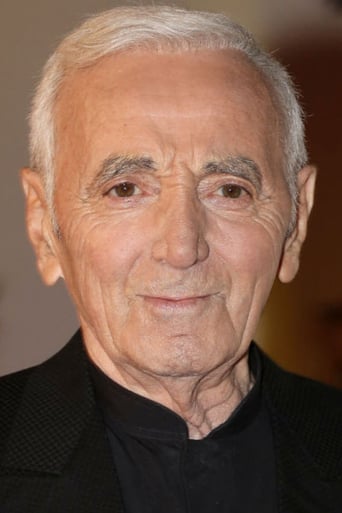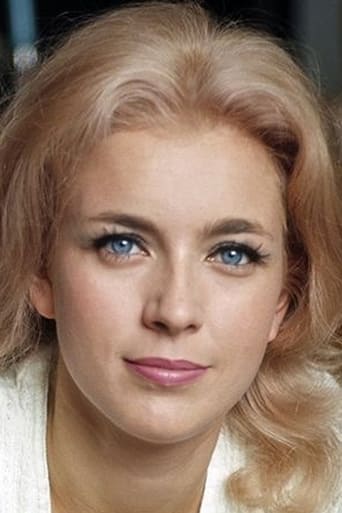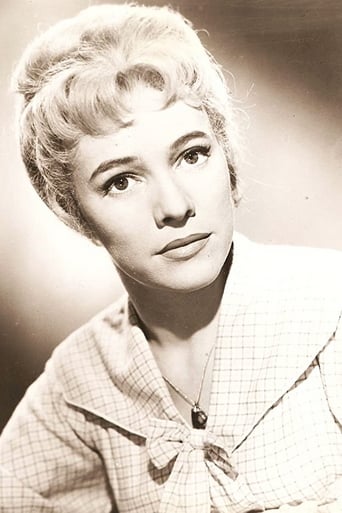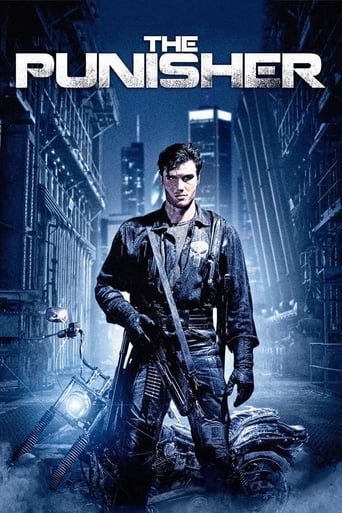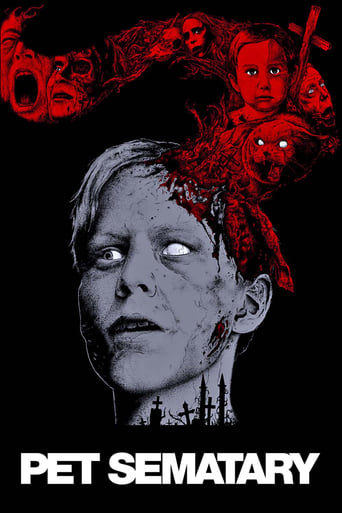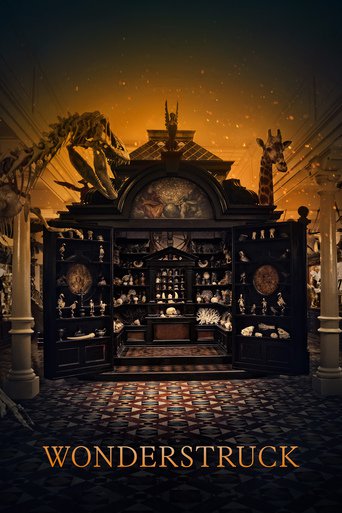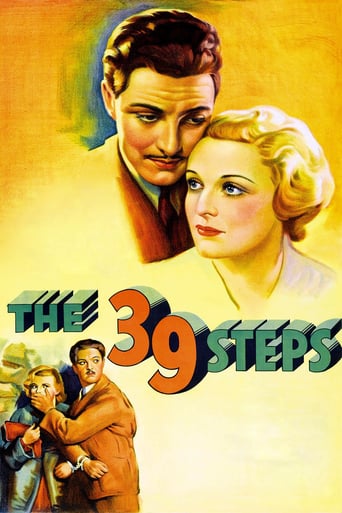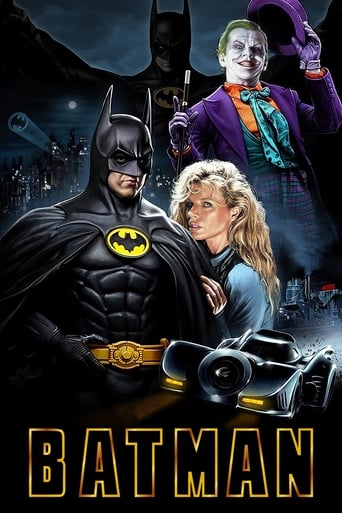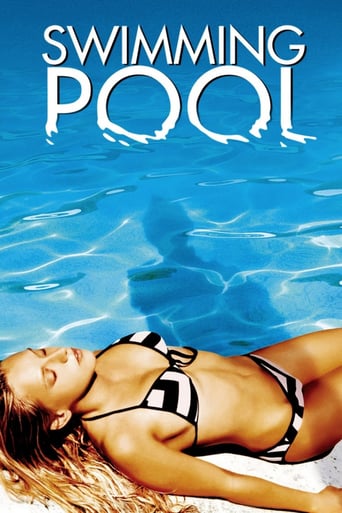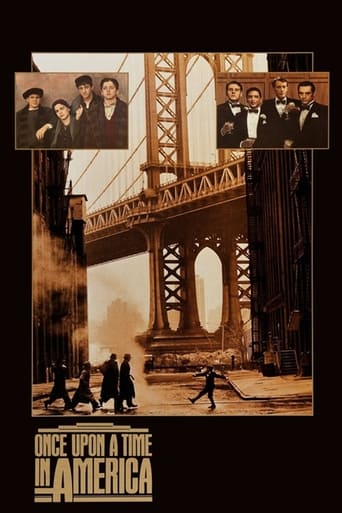Shoot the Piano Player (1962)
Charlie is a former classical pianist who has changed his name and now plays jazz in a grimy Paris bar. When Charlie's brothers, Richard and Chico, surface and ask for Charlie's help while on the run from gangsters they have scammed, he aids their escape. Soon Charlie and Lena, a waitress at the same bar, face trouble when the gangsters arrive, looking for his brothers.
Watch Trailer
Free Trial Channels
Cast


Similar titles
Reviews
Slow pace in the most part of the movie.
A Disappointing Continuation
While it is a pity that the story wasn't told with more visual finesse, this is trivial compared to our real-world problems. It takes a good movie to put that into perspective.
.Like the great film, it's made with a great deal of visible affection both in front of and behind the camera.
Listening to Tim Lucas's fascinating commentary on Mario Bava's superb Black Sabbath,I found out that Sabbath star Michèle Mercier had co-starred in a title by auteur film maker François Truffaut.Discovering that Artificial Eye has recently put the movie out on DVD/Blu-Ray in the UK,I decided that it was the perfect time to see the piano player play.The plot:After missing his chance to stand in the limelight, Edouard Saroyan has taken an alias, ( Charlie Kohler)and crawled into playing tunes at a seedy bar.Wanting to stay away from the outside world, Edouard has a causal relationship with prostitute Clarisse,who looks after Edouard's relative Fido.Catching a glimpse of her at the bar, Edouard finds himself suddenly getting into a serious relationship with new barmaid Léna.As he starts to get close to Léna, Edouard meets his brother Chico for the first time in 4 years,who reveals that he did a job for some gangsters who he has decided to cross.Being unable to stay out of Chico's troubles, Edouard soon discover that the gangsters want to make him play his final note. View on the film: Before I get to the title,I have to mention that Artificial Eye have given a classy transfer,with the soundtrack being clear and the subtitles being very easy to read,whilst keeping the grittiness of the Film Noir image.Wrapped in an alluring dress,the ravishingly beautiful Michèle Mercier, (who appears topless.. Yay!) gives an exquisite performance as Clarisse,who Mercier shimmers in a light,playful mood which gradually becomes sterner,as Edouard's gangster run-ins start to bleed into her life. Sparkling on the screen as a femme fatale, Marie Dubois gives a splendid performance as Léna,whose detailed facial expressions give the first footsteps in her romance with Edouard a sweet light comedy touch.Getting caught up in Charlie's Film Noir loner footsteps, Dubois gives Léna a captivating determination edge,which leads to Dubois giving Léna's final,snow-covered moments a tragic,poetic note. Displaying his sharp music skills Charles Aznavour gives gripping performance as Edouard,with Aznavour keeping up with Edouard's early piano playing by giving his early encounters with Clarisse & Léna a care-free mood.Opening up Edouard's past in flashbacks, Aznavour puts tough pressure on Edouard increasingly tough shoulders,which gives the ending a wonderfully bitter taste,as Aznavour builds the strong impression that Edouard has always expected that he would be right back where he started.Unable to film in a studio,co-writer/(along with Marcel Moussy)directing auteur François Truffaut & cinematographer Raoul Coutard give the illegal on street filming (Truffaut in da hood!) a gritty Film Noir atmosphere,which scans the title with rapid-fire tracking shots which subtly reveal the frantic Noir world that is gripping Edouard .Keeping up with the brittle tracking shots, Truffaut & Coutard pour Film Noir elegance over the movie,as Edouard & Léna's doomed Noir romance is shadowed in ultra-stylised awkward angels,which brilliantly expresses the nervous excitement that they feel for each other.Pulling David Goodis's novel from the US to France, Truffaut & Moussy's adaptation delicately uses flashbacks to cut deep into Edouard's raw wounds and uncover the events that have led to him being a Film Noir loner.Showing a real relish in going back and fourth on Edouard's life,the writers pull Edouard into a harsh Film Noir world with decaying shades,thanks to the writer's making Edouard brother gangster troubles put Edouard in a corner where the only way out is death,as the gangsters set their guns on the piano player.
I now understand why Shoot The Piano Player was a box office flop & a critical flop when it premiered in 1960. That this film has gotten so many positive reviews on this site can only be due to the fact that Francois Truffaut has become some sort of mythical//cult film hero lately & that the positive reviews of this film are based on his reputation & his legend, rather than on the actual quality of this film.Although this film has many of the ground breaking, fresh qualities of Truffaut's first feature 400 Blows, considered as a stand alone film, the story line in Shoot The Piano Player is just not as real & as natural as his first film. For me, there are just too many points in this film where the action is just plain phony, unreal & unnatural.In both kidnapping scenes, where Charlie & Lena are in the car with the gangsters & when Fido is in the car with the gangsters, the talkative, carefree attitude of the gangsters just doesn't ring true for me. That these guys are "bad" enough to rob a bank & do two kidnappings & have a big shootout at the end where one of the gangsters deliberately kills Lena in cold blood & yet that these two "bad guys" carry on conversations with their hostages about the most ridiculous & trivial matters just doesn't fit together for me. "Bad guys" don't engage in lighthearted, casual, friendly banter with their kidnap victims.While Charlie & Lena are in the car with the two gangsters who kidnapped them, Lena deliberately steps on the gas pedal to make the car run a red light & get pulled over by the cops. OK !! Great way to foil your kidnappers, Right? But when the kidnappers & Charlie & Lena get out of the car to talk to the cops, neither Charlie nor Lena exclaim that they're kidnap victims & tell the cops that the bad guys even have guns !!! Charlie & Lena simply walk away & catch a bus back to town !! SORRY, but that's just not the way that real kidnap victims behave when they finally come into contact with the cops. Had either Charlie or Lena exposed these other two guys in the car as kidnappers, the bad guys would've been arrested & everyone else in the story, including all of Charlie's brothers would be safe from these guys. Just doesn't make sense to me.When the hooker next door to Charlie realizes that the gangsters kidnapped Fido, why doesn't she call the cops?? And when the hooker tells Lena that the gangsters kidnapped Fido, she too fails to call the cops. SORRY, but that's just too unreal for me. When an adolescent gets kidnapped, you call the cops--That's a REAL reaction.When Fido is driving with the gangsters, he has at least three separate chances to escape, but, for reasons unknown to me, he fails to run away until he actually brings the gangsters to the farm house where his brothers are hiding out. Either this kid is a moron or the screenwriter's head is out to lunch, because no boy his age is that stupid.When Charlie & Plynne, the bar owner, are engaged in "mortal combat", Charlie finally disarms Plynne & chases him out into the alley with a knife in his hand where Charlie finally apprehends him. GREAT, but what does Charlie do next? He simply drops the knife & tells Plynne, the guy who was trying to kill him just a minute ago, that he just gives up, thereby giving Plynne the chance to strangle him. SORRY, but REAL people just don't behave as Charlie did in that fight scene when he just threw away his knife & gave up.That Charlie was supposed to be such a famous concert pianist in years past that he was having press conferences & that the ladies on the street were all ogling him, as Charlie asserts, & that then Charlie acquires perfect anonymity by simply changing his name & playing honky tonk music in a dive bar on the other side town of the same city, Paris, without ever being recognized is just BS. Even if the patrons of the dive bar were so low class that none of them followed fine concert music or read the newspaper, which is a dubious proposition at best, someone on the streets would have certainly recognized him & eventually his gig at the dive bar would've been exposed. To achieve the type of anonymity that Charlie did after being such a famous concert pianist, he would've had to move to another city, at least.In short, the behavior of the characters in Shoot The Piano Player are just too UNREAL & UNNATURAL for me to consider it a worthy example of fine Cinematic Art.
Truffaut's Shoot the Piano Player is of the same experimental vein as Godard's Breathless but lacks just a little of the latter film's vitality and energy.A slightly darker work, it provides perhaps more insight into humanity with its well-executed studies of its lead characters' motivations.Nevertheless, the film is also a prime example of auteur theory and showcases many nouvelle vague techniques, such as jump cuts, on-location shooting, fluid camera work and moments on incongruous, typically French, humour. All of this serves to further undermine the traditional domination of stage-bound realist films that had dominated French cinema throughout the 1950s.Charles Aznavour performs well in the lead role of the pianist with the broken spirit. As another reviewer points out, the film begins with a close-up of the inner workings of his piano reflecting the fact that the film will attempt to show the inner-workings of his heart. Indeed, it is this that is the pre-occupation of all the long dialogues throughout the film as his psyche is explored, even by the gangsters who abduct him and in the early voice-overs.He is a character too timid to have a voice of his own; it is the piano that provides him with his boldness to entertain. Indeed, Aznavour's timid and wonderfully human anti-hero is an extremely welcome antidote to the macho posturing still found in Hollywood films to this very day. He is real and audiences can readily relate to him. Indeed, the centrepiece of the film, the flashback sequence, is moving as it details his fall from grace after his struggle to break away from his family and overcome the bad reputation of his surname.The bumbling but ultimately murderous gangsters also subvert notions that people with guns are in some way heroic - they are shown to be stupid fools, inept but brutally dangerous.As in Godard's Breathless, there are small attacks on American consumerism throughout yet, at the same time, this film embraces aspects of the noir style. Indeed, it was originally based on a pulp novel though it far transcends these genre writing origins to become a unique, high culture work of film art.Ultimately, this film along with Breathless, Band a Part and Jules et Jim firm established the nouvelle vague movement as a uniquely French phenomenon that defined the 1960s. Subversive, innovative and a thorough rejection of the now-stagnant older style of studio film-making it remains a unique, fresh vision to this day. Highly recommended.
May be i expected more from this flick....but it started like a comedy,slowly into a melo drama with more plots added to the film. the suspense factor wasn't there though it had his moments..but the main disappointment for me is sometimes the characters weren't aware wat happening around them.... the protagonist didn't care of his rico(if i am correct) his brother child was with the gangsters..at the time he doesn't care abt him,but instead he thinks of philosophy and all...its out of normal to me. but a brilliant camera works..some dialogues was funny...truffaut did with what thought i cant understand.. i read review saying great movie. but it falls short not being great or bad movie.... not tat much recommended i give 6 out of 10...

